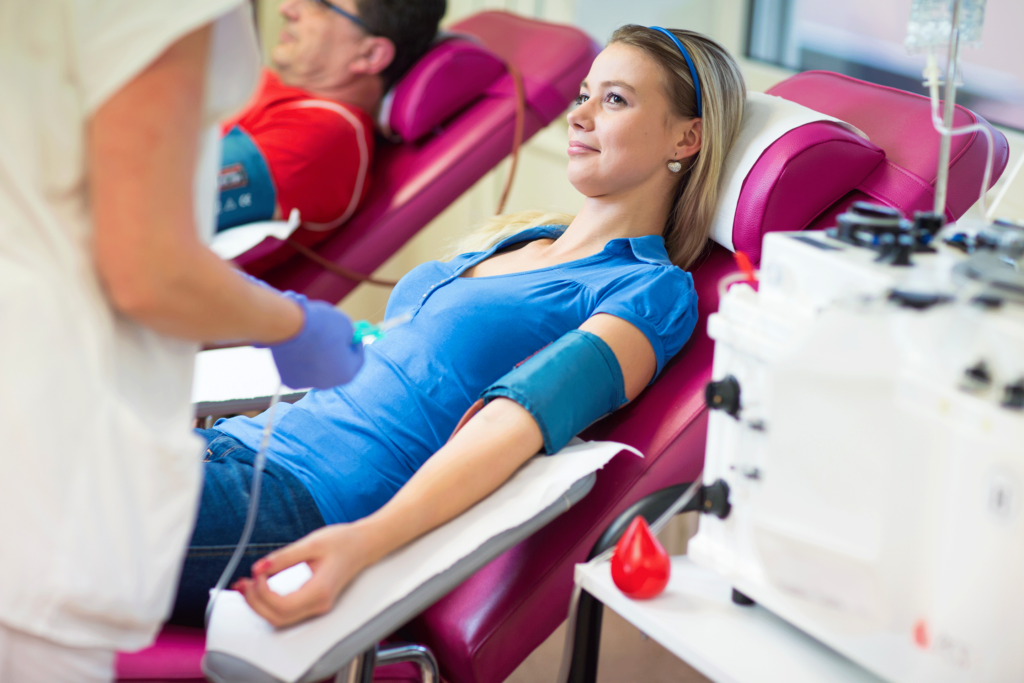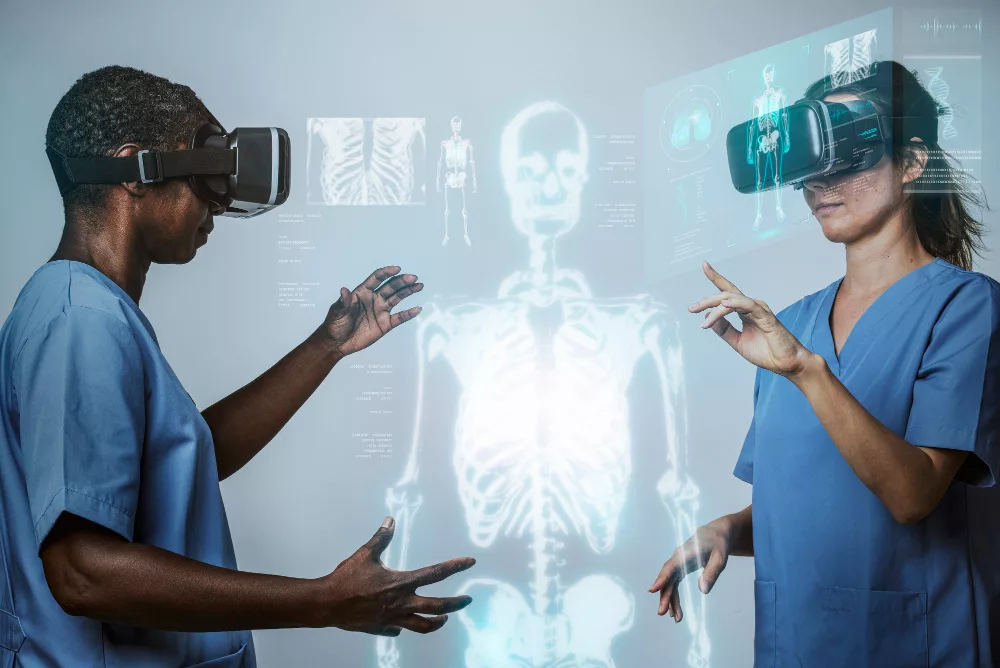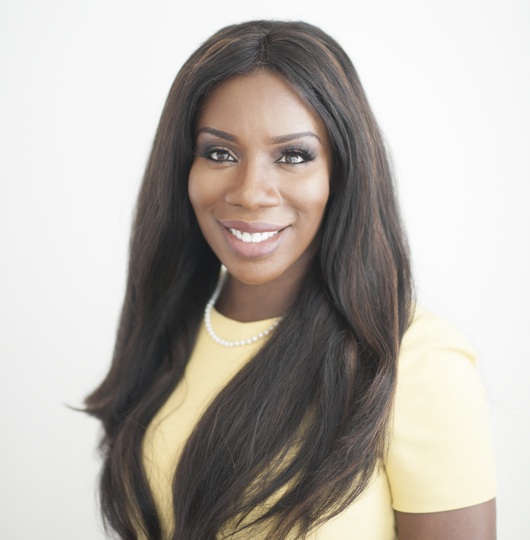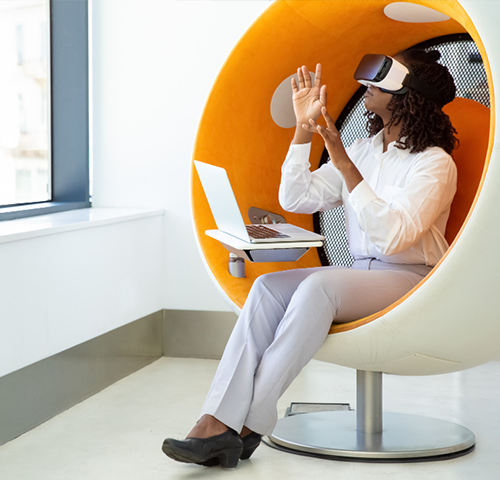
Empowering Safety in the Digital Age: A Call to Action
October 7, 2023
Forging Ahead: The Inspiring Black Women Who Paved My Tech Journey
October 11, 2023Embracing Innovation for a Healthier Tomorrow

Embracing Innovation for a Healthier Tomorrow
Technology is a powerful force that is constantly reshaping our lives. However, as we travel through this maelstrom of change, let us not lose sight of how profoundly technology has enhanced our lives. Let us celebrate the transformative force of invention and how it has improved our world.
In the spirit of hope and inspiration, we’re introducing a new series of blogs that will delve deeper into the unseen stories of creativity while also staring into the horizon of possibilities. Instead of rehashing previous stories, we’ll look at lesser-known instances of growth and imagine what’s to come. Let us now imagine a society in which innovation serves not only for profit but also the larger good of humanity.
We will investigate numerous areas of our existence, such as housing and education, as well as employment and climate change. However, we begin this journey by focusing on healthcare
What you already know
In today’s world, technology has become a beacon, illuminating the path to early healthcare intervention. While we should exercise caution when consulting Dr. Google for our symptoms, the abundance of online information empowers us to recognise when to seek professional help.
In the United Kingdom alone, the NHS website receives a staggering 23 million visits each week. Furthermore, the convenience of video appointments, prescription orders, and test bookings at our fingertips has become a reality, sparing us the inconvenience of long waits.
What you might not know
Did you know that there are over 300,000 healthcare apps available worldwide?
These apps connect us with doctors, help us track and improve our mental health, and cover a wide range of topics. Among the creators of these apps are exceptional people, some well-known, such as the inventors of the coronavirus vaccine, Professor Sarah Gilbert and Dr. Katalin Kariko, and others quietly improving healthcare, frequently from underrepresented backgrounds.
Consider Dr. Patricia Bath, a trailblazing ophthalmologist who was the first black woman physician to acquire a medical patent in the 1980s. Her invention, the laserphaco probe, transformed cataract surgery. Dr. Bath’s breakthrough was inspired by her research, which demonstrated discrepancies in eye health among black patients, emphasising the need for improved access to ophthalmic treatment. Her laser device is still restoring vision all over the world today.
Esther Takeuchi, a Latvian-born chemist who invented small batteries used in implantable cardiac defibrillators, is another unsung hero. This breakthrough, which affects around 300,000 patients each year, increases the lifespan of life-saving devices by 400%.

A Legacy of Lifesaving
A staggering 120 million people donate blood each year. Effective blood storage is crucial for these donations to save lives. Dr. Charles Drew, an African American surgeon, played a pivotal role in revolutionising blood storage techniques, and his work paved the way for further healthcare technology innovations.
Dr. Drew’s relentless pursuit of blood storage solutions led to a groundbreaking collaboration with the British during WWII, ultimately culminating in the establishment of the world’s first blood banks. In a period of dire need, this remarkable achievement not only saved countless lives but also served as a catalyst for ongoing advancements in healthcare technology.
Tomorrow’s prospects
Our world will continue to use technology to solve problems and cure illnesses at an unprecedented rate. Artificial intelligence (AI) is one topic that is currently at the forefront of debate. AI has the potential to revolutionise healthcare if used appropriately. Consider doctors equipped with AI-powered diagnostics capable of detecting diseases with unrivalled accuracy.
This shift is already taking place, as AI recognises patterns in our hearts, voices, skin, brain, and lungs in a fraction of the time that humans would. It’s even being used in Ukrainian combat zones to detect eye disorders among displaced people with limited access to normal treatment.

It is in your hands to create a better world for all who live in it
Nelson Mandela
Today, as we stand at the crossroads of innovation and advancement, the decisions we make will have far-reaching consequences for future generations. Let us take up the mantle of responsibility and use technology to benefit all. Let us plan a road toward a future that we can all be proud of—one in which technology remains a beacon of hope, guiding us to a healthier, brighter tomorrow.

Cecilia Harvey is an award-winning tech founder, author, and entrepreneur. Cecilia is the founder of Tech Women Today, the global digital platform to showcase women in technology, and a resource for non-technical female entrepreneurs who want to understand how to leverage technology to grow and scale their businesses.




